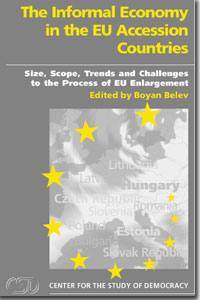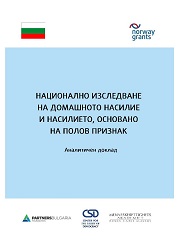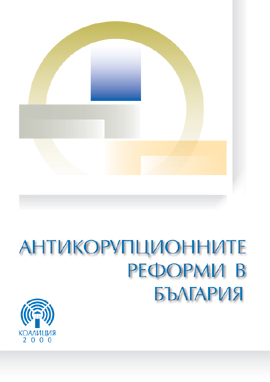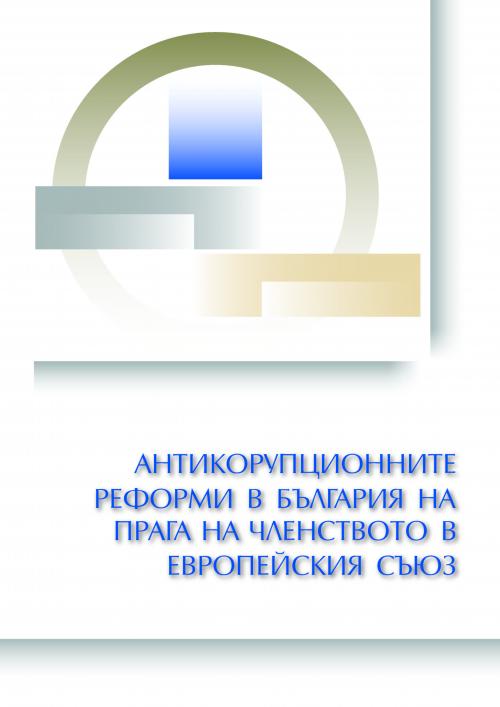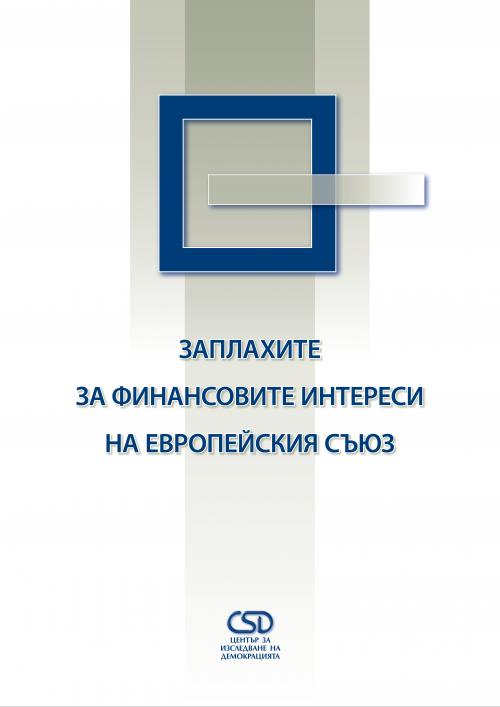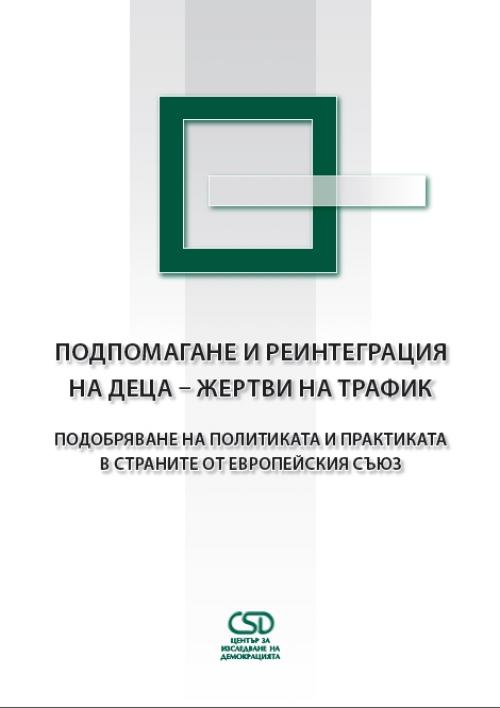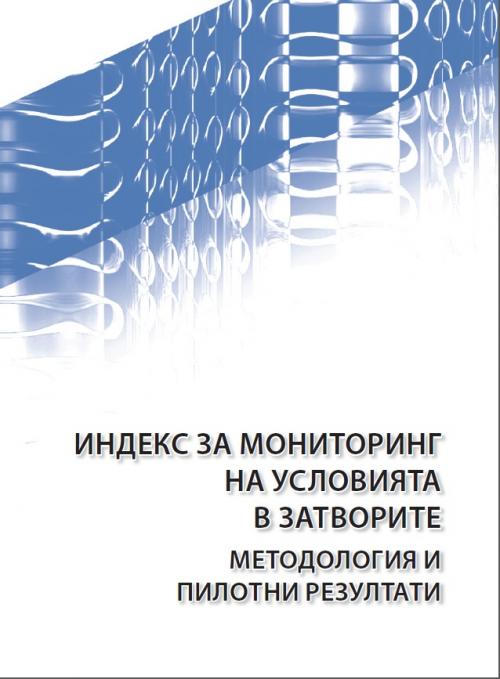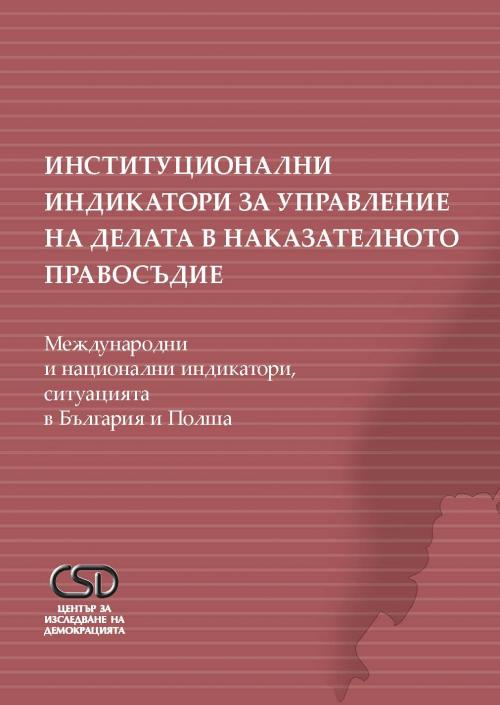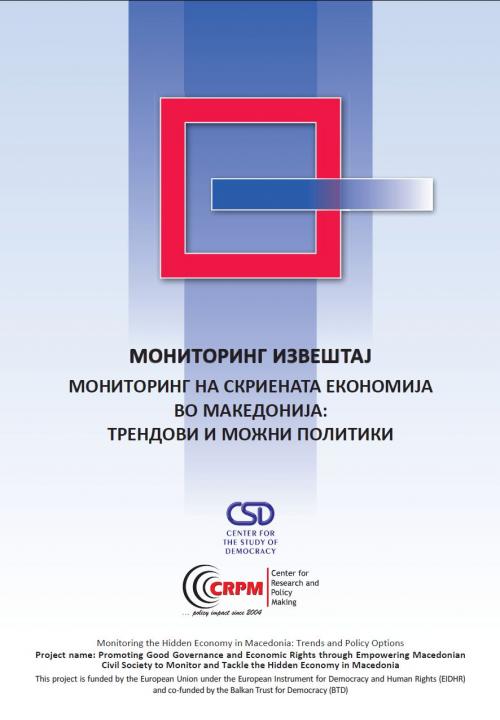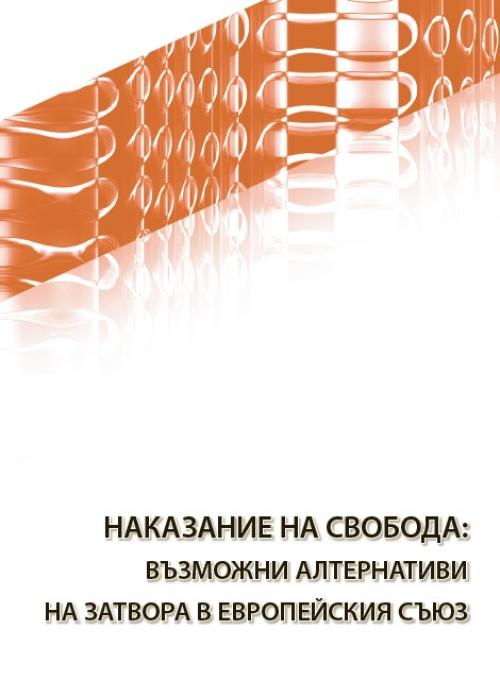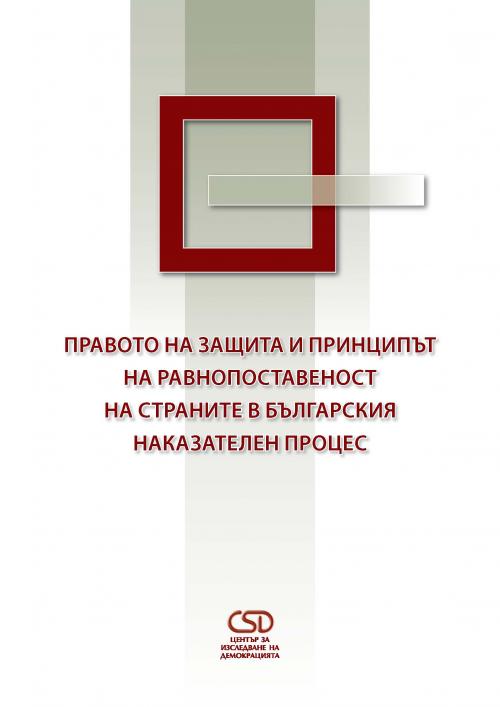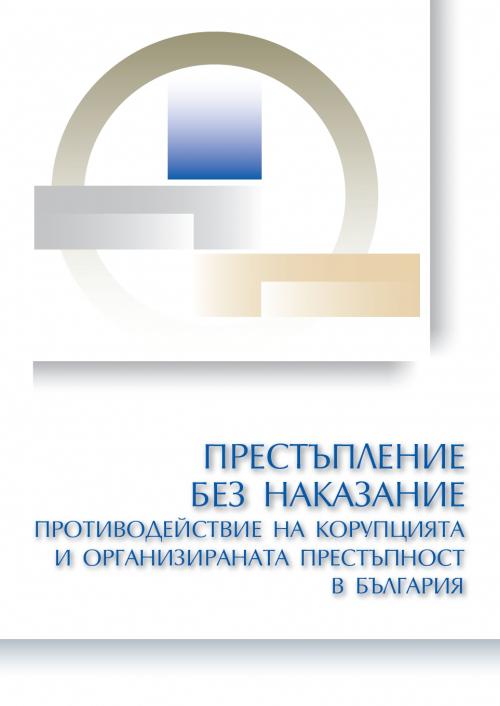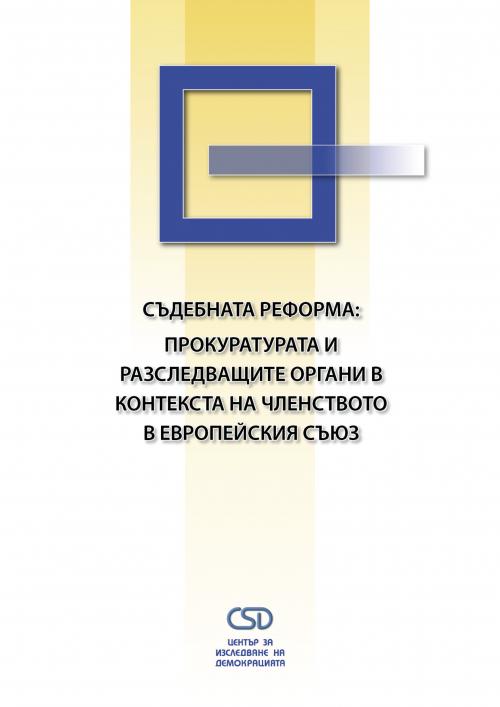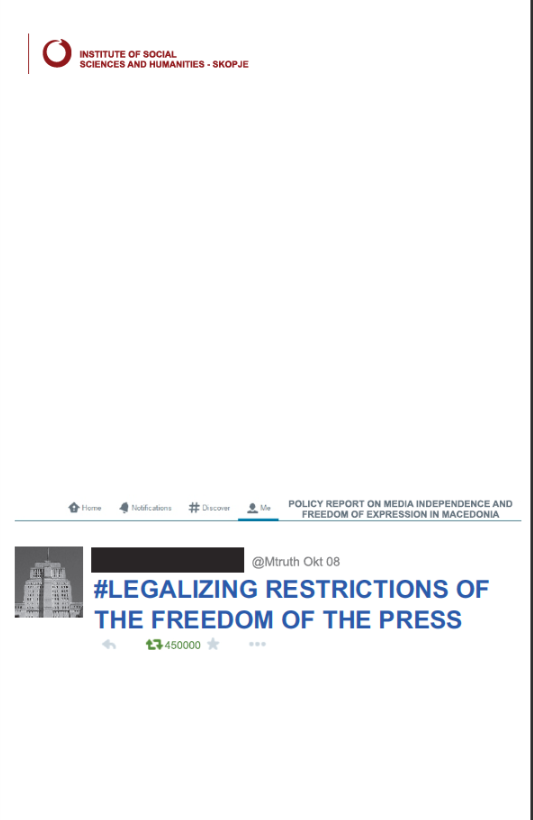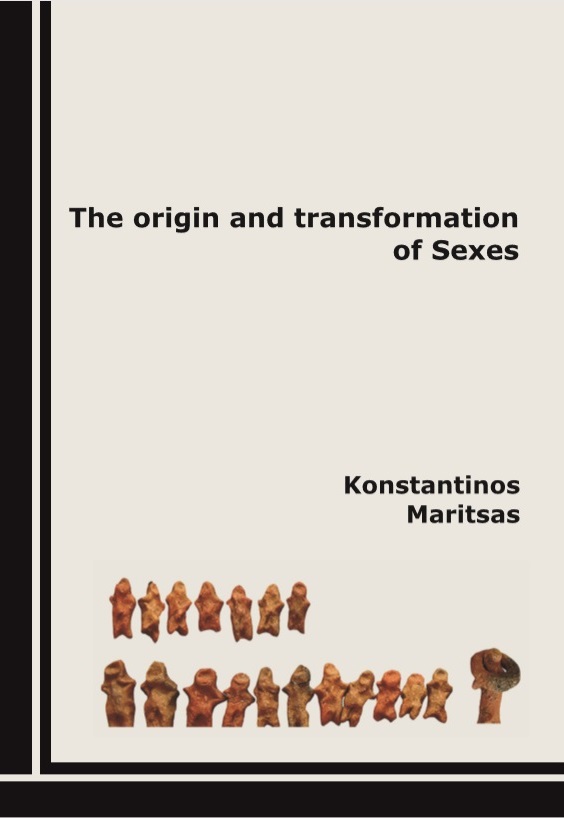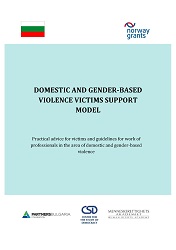
Domestic and Gender-Based Violence: Victims Support Model
Freedom from violence, regardless of its form, is every human being’s fundamental right. The rights to life, liberty and security of person have been regulated in the UN’s Universal Declaration of Human Rights, as well as in the European Convention on Human Rights. The purpose of the Victims Support Model is to provide information and to present the currently existing activities, services and departments, which operate in the area of domestic and gender-based violence. The proposed Model accepts that the strong prevalence of the phenomena and the consequences thereof necessitate that it is treated as a public health issue. For this reason, an approach is being proposed, which defines and outlines the roots and the consequences of this problem in Bulgaria, identifies the risk and protective factors, and proposes strategies for effective resolution, including activities on prevention, timely reaction, and follow-up.
More...
